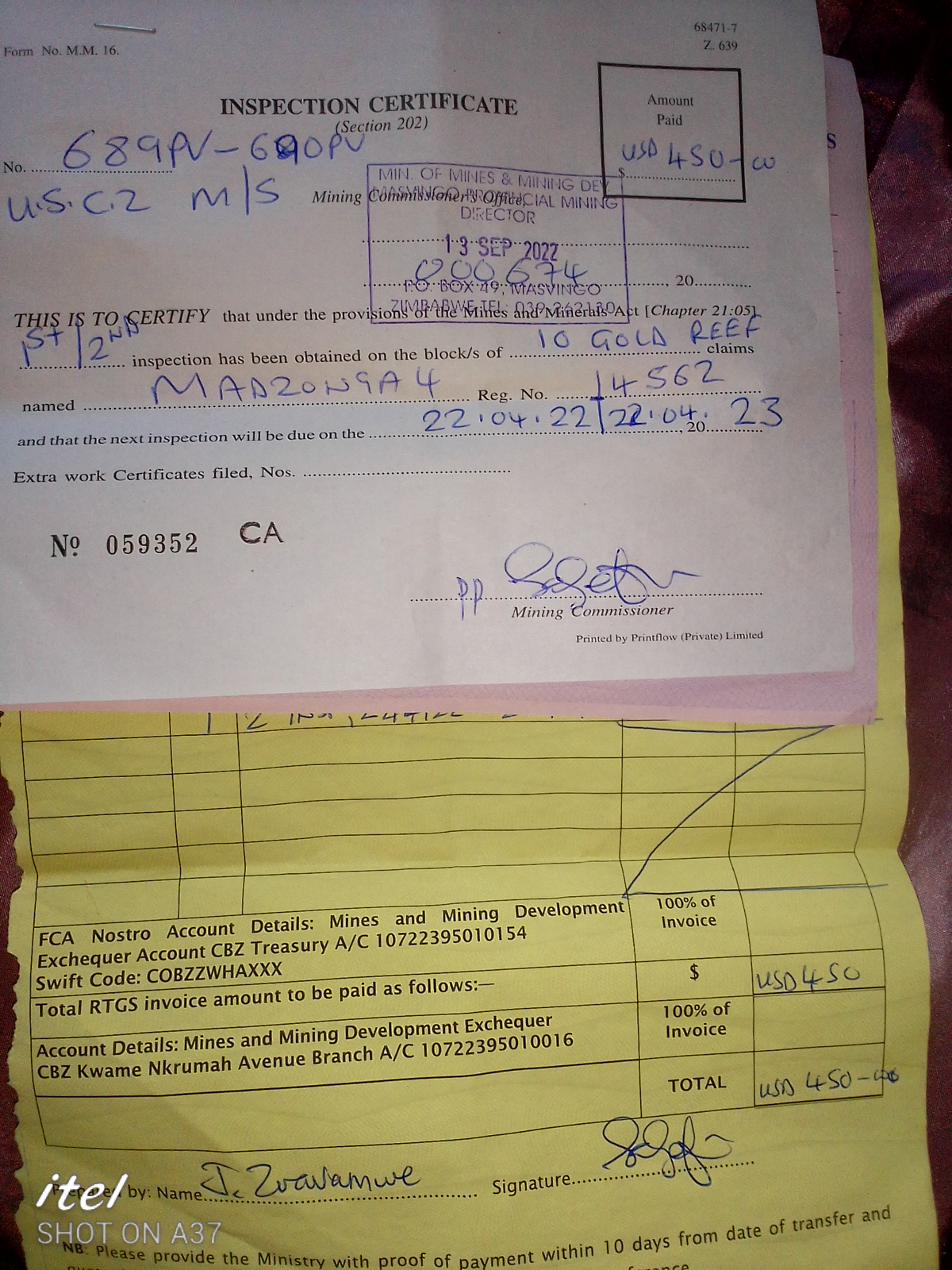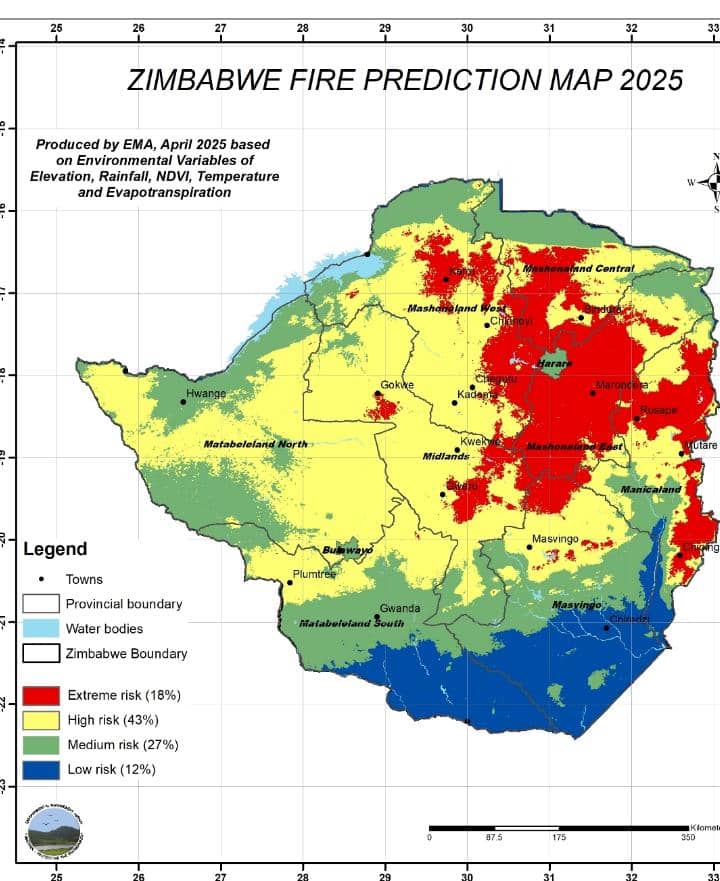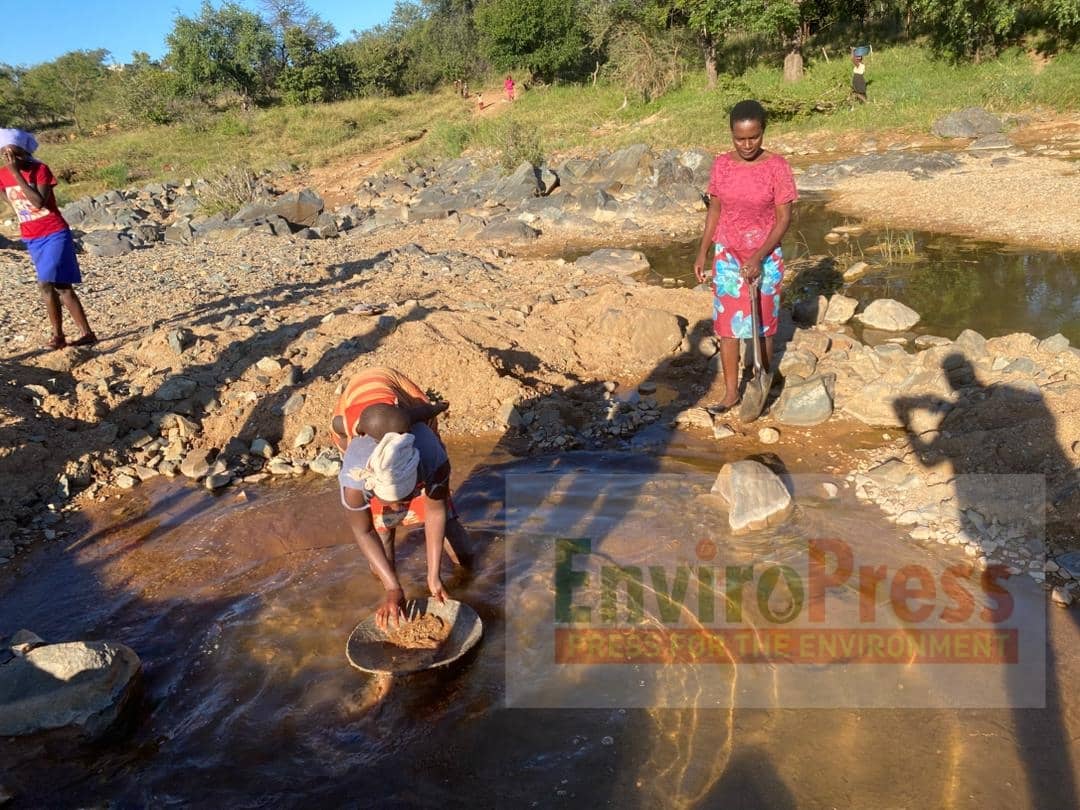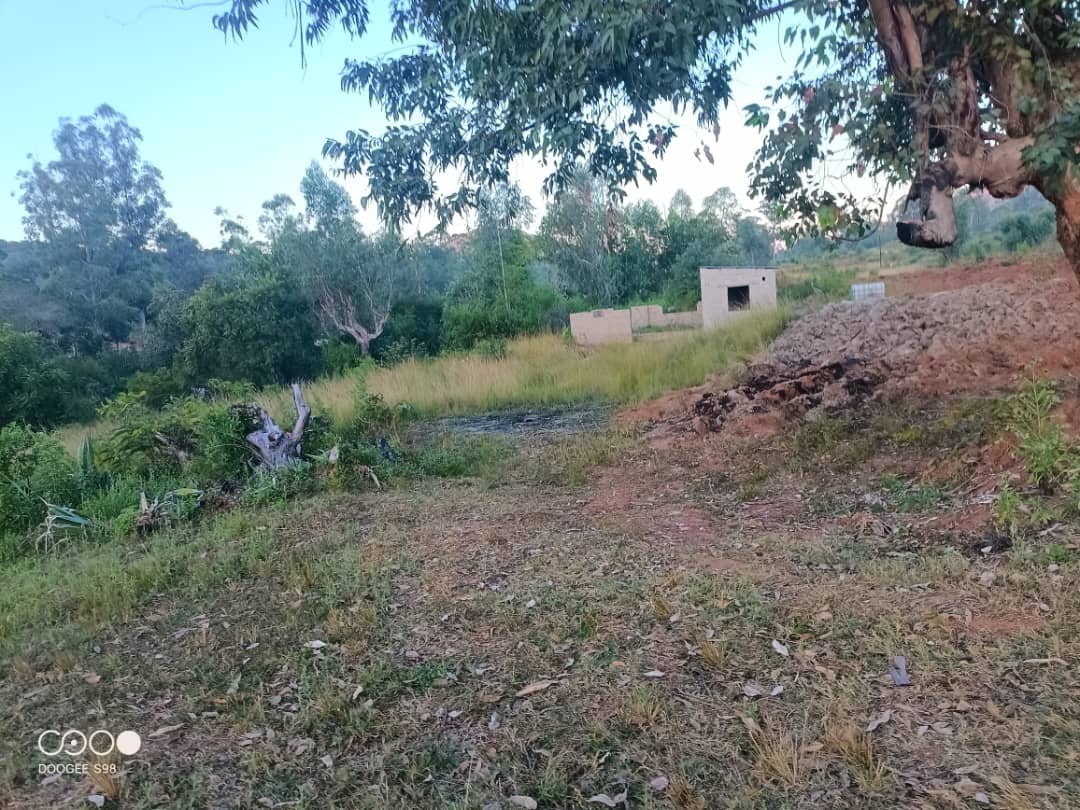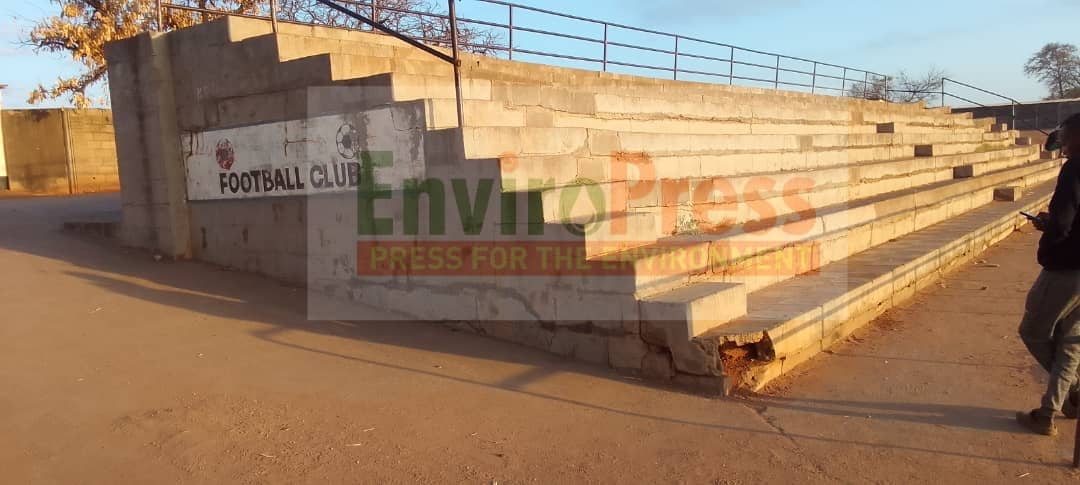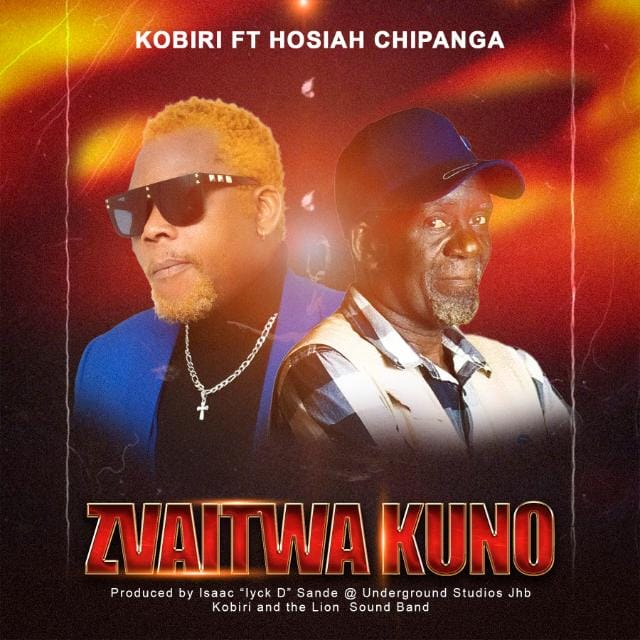EnviroPress Reporter
Mining law is principally regulated in terms of legislation passed by Parliament though precedent or case law from the courts; common law and customary law also regulate mining law. The Mines and Minerals Act [Chapter 21:05], and the regulations made in terms of that Act, is the principal legislation that regulates mining law. The relevant regulations made under the Mines and Minerals Act include:
1.The Mining (General) Regulations;
2.The Mining (Management and Safety) Regulations;
3.The Mining (Health and Sanitation) Regulations; and
4.The Mines and Minerals (Custom Milling Plants) Regulations.
Another key piece of legislation in the regulation of Mining Law is the Environmental Management Act [Chapter 20:27]. Other relevant sources of mining law legislation are listed below.
Government bodies in charge of the mining industry
The Mines and Minerals Act, the Minerals Corporation of Zimbabwe Act [Chapter 21:04], the Gold Trade Act [Chapter 21:03], the Precious Stones Act [Chapter 21:06], the Chamber of Mines of Zimbabwe Incorporation (Private) Act [Chapter 21:02], the Base Minerals Export Control Act [Chapter 21:01] and the Environmental Management Act, establish a number of bodies and functionaries administering various aspects of the mining industry and the value chain. These include:
- The President of the country. He has certain responsibilities reserved for him in the granting and withdrawal of certain mining rights especially relating to coal, oil and gas.
- The Minister and the Secretary for the Ministry of Mines and Mining Development. These have various responsibilities that they perform in the mining industry, including the issuing of certain mining titles, licences, approvals and orders under the Mines and Minerals Act, the Gold Trade Act [Chapter 21:03], the Precious Stones Trade Act [Chapter 21:06] and the Base Minerals Exports Act [Chapter 21:01].
- The Mining Affairs Board. The Board is responsible for the granting of certain mining rights, the withdrawal or cancellation of such rights, the approval of certain agreements and transactions in the mining sector, and making recommendations to the Minister and/or the President with respect to the granting or withdrawal of certain mining titles.
- Mining Commissioners, who are now being referred to as Provincial Mining Directors. The Mines and Minerals Act has not yet been amended to record the change in title. They are responsible for the issuing of mining titles within their mining districts to the extent that such power is reserved for the Minister, the Mining Affairs Board or the President.
- The Environmental Management Agency (EMA), which is responsible for granting the environmental impact assessment certificates before mining projects can commence.
- The Chamber of Mines, which represents the interests of the mining industry.
- The National Employment Council for the Mining Industry, which deals with employment and related matters in the mining industry.
- The Minerals Marketing Corporation of Zimbabwe (MMCZ), which is responsible for the marketing of minerals in Zimbabwe.
The following legislation also affects the mining industry and should be considered:
- the Labour Act [Chapter 28:01] – regulates the relationship between employers and their employees as well as their rights thereto. Under this, the National Employment Council for the Mining Industry was established which, in turn, registered the Collective Bargaining Agreement for the Mining Industry (Statutory Instrument 152 of 1990) to deal with the mining industry-specific rights of employers and employees. There is also the Mining Industry Pension Fund, which establishes a contributory pension fund specifically for the mining industry under Statutory Instrument 14 of 2016;
- the Environmental Management Act [Chapter 20:27] – ensures that mining takes place in a manner that protects the environment in a sustainable way;
- the Explosives Act [Chapter 10:08] – regulates the importation, transportation and use of explosives generally used in the mining industry;
- the Gold Trade Act [Chapter 21:03] – regulates the trade and dealings in gold. It generally prohibits the possession of gold by unauthorised persons;
- the Water Act [Chapter 20:24] – deals with the use and control of water bodies and the requirements for a water permit needed in mining projects;
- the Precious Stones Trade Act [Chapter 21:06] – regulates the possession of and dealings in precious stones;
- the Chamber of Mines of the Zimbabwe Incorporation (Private) Act [Chapter 21:02] – provides for the incorporation of the Chamber of Mines of Zimbabwe, and for the dissolution of the previous entity, which was the Rhodesia Chamber of Mines. The Chamber of Mines represents the interests of the entire mining industry;
- the Urban Councils Act [Chapter 29:15] – provides for: the establishment of municipalities and towns and the administration of municipalities and towns by local boards, municipal and town councils; the conferring of town and city status on growth points, municipalities and towns; the declaration of local government areas and the administration of local government areas by local boards; the conferring of functions and powers and imposition of duties upon municipal and town councils and local boards; and the establishment of the Local Government Board and provision for the functions thereof;
- the Forest Act [Chapter 19:05] – provides for the setting aside of State forests and for the protection of private forests, trees and forest produce; establishes a Mining Timber Permit Board to control the cutting and taking of timber for mining purposes; provides for the conservation of timber resources and the compulsory afforestation of private land; and regulates and controls the burning of vegetation;
- the Roads Act [Chapter 13:18] – provides for the planning, development, construction, rehabilitation and management of the roads network of Zimbabwe, and for the regulation of the standards applicable in the planning, design, construction, maintenance and rehabilitation of roads with due regard to safety and environmental considerations;
- the Communal Lands Act [Chapter 20:04] – alters and regulates the occupation and use of Communal Land and affects the manner in which mining rights are acquired;
- the Exchange Control Act [Chapter 22:05] – confers powers and imposes duties and restrictions in relation to gold, currency, securities, exchange transactions, payments and debts, and the import, export, transfer and settlement of property;
- the Land Acquisition Act [Chapter 20:10] – empowers the President and other authorities to acquire land and other immovable property compulsorily in certain circumstances; and to make special provision for the compensation payable for agricultural land required for resettlement purposes;
- the Minerals Marketing Corporation of Zimbabwe Act [Chapter 21:04] – regulates the Corporation that is mandated to sell minerals in Zimbabwe;
- the Zimbabwe Mining Development Corporation Act [Chapter 21:08] – provides for the establishment, constitution, functions, powers and duties of the Mining Development Board and regulates the financial affairs of the Zimbabwe Mining Development Corporation;
- the Base Minerals Export Control Act [Chapter 21:01] – regulates and controls the export of base minerals from Zimbabwe;
- the Indigenization and Economic Empowerment Act [Chapter 14:33] – provides for support measures for the economic empowerment of indigenous Zimbabweans; and
- the Zimbabwe Investment Development Agency Act [Chapter 14:38] – deals with investment promotion in the country.
This project was made possible through a partnership with the Southern Africa Trust. The views expressed herein do not necessarily represent that of the Trust or its associates. www.southernafricatrust.org

